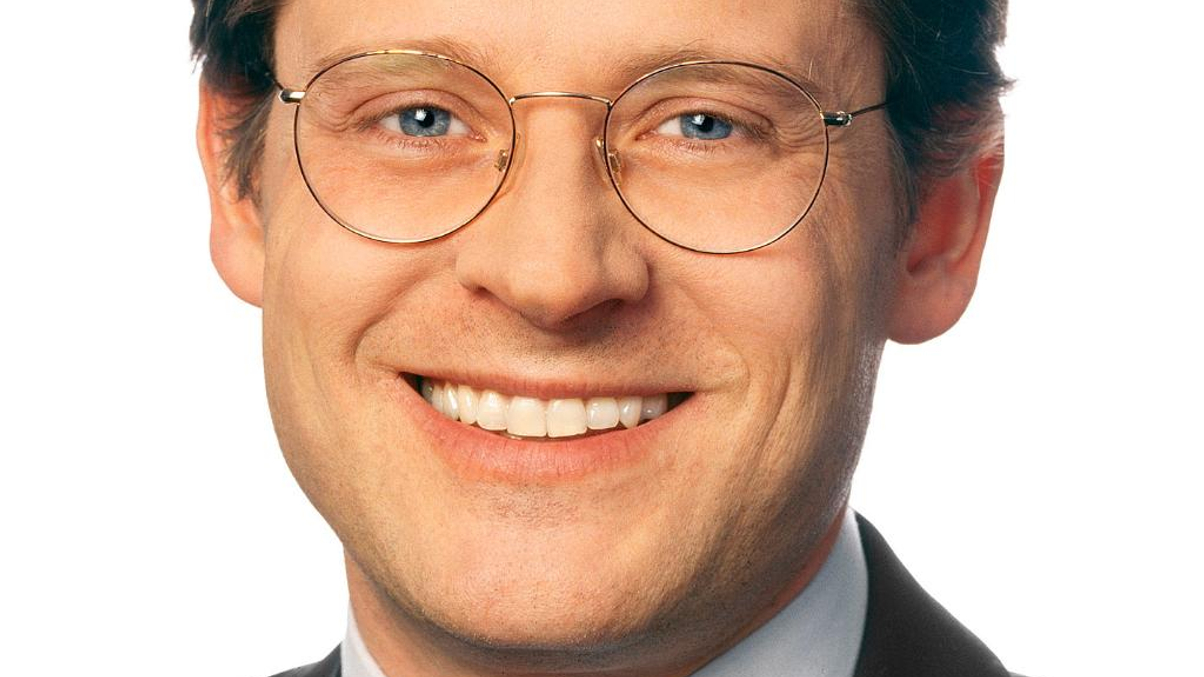Beta trackers unlikely to prosper in 2010, says Man
Long-short equity, global macro and managed futures are the strategies to pick this year, says Thomas Della Casa of Man Investments.

Greater dispersion and volatility is likely in the coming months, which should benefit fund managers that trade more actively, says Thomas Della Casa, head of research, analysis and strategy at hedge-fund group Man Investments in Pffaffikon, Switzerland.
Sign in to read on!
Registered users get 2 free articles in 30 days.
Subscribers have full unlimited access to AsianInvestor
Not signed up? New users get 2 free articles per month, plus a 7-day unlimited free trial.
¬ Haymarket Media Limited. All rights reserved.


